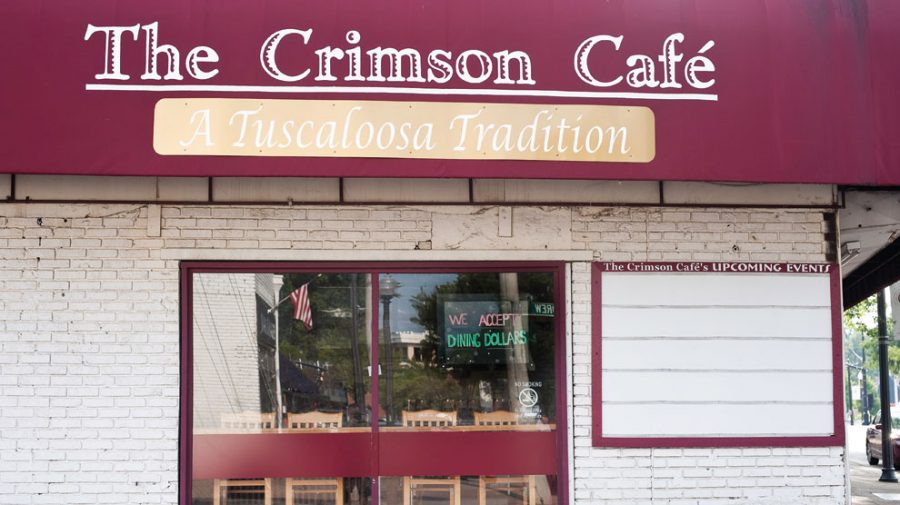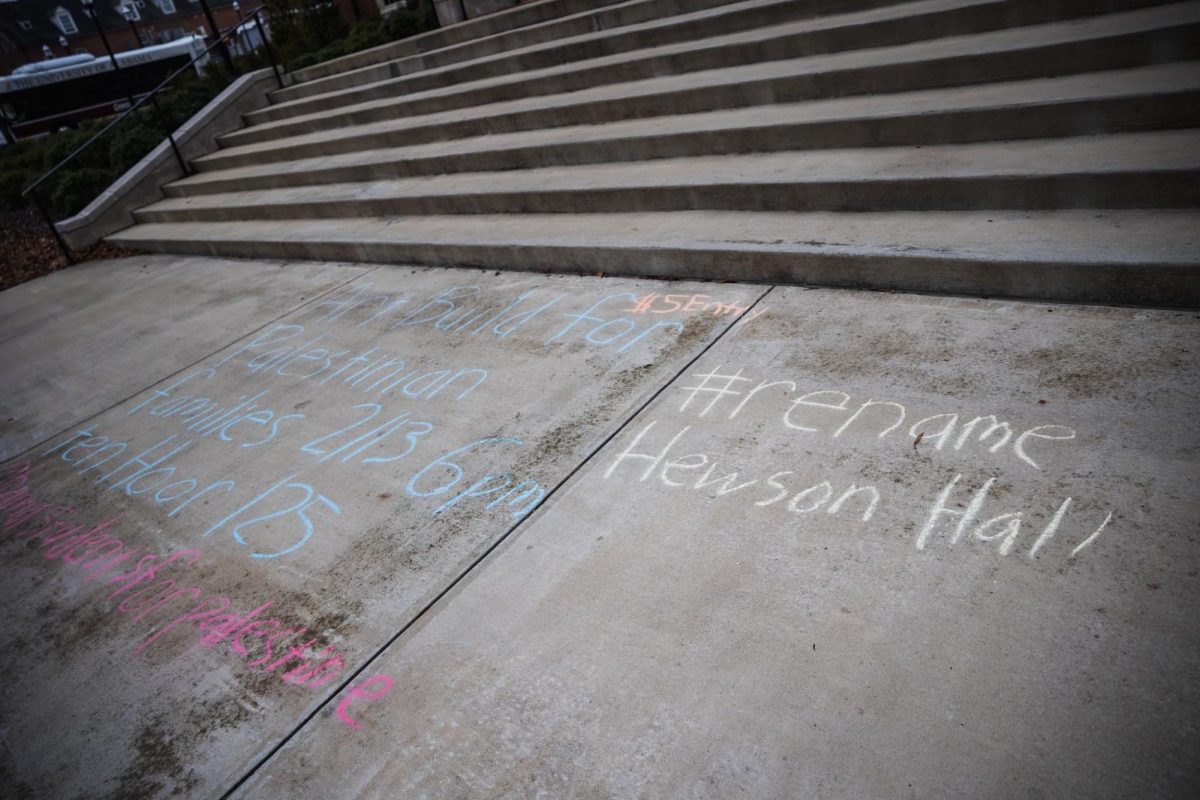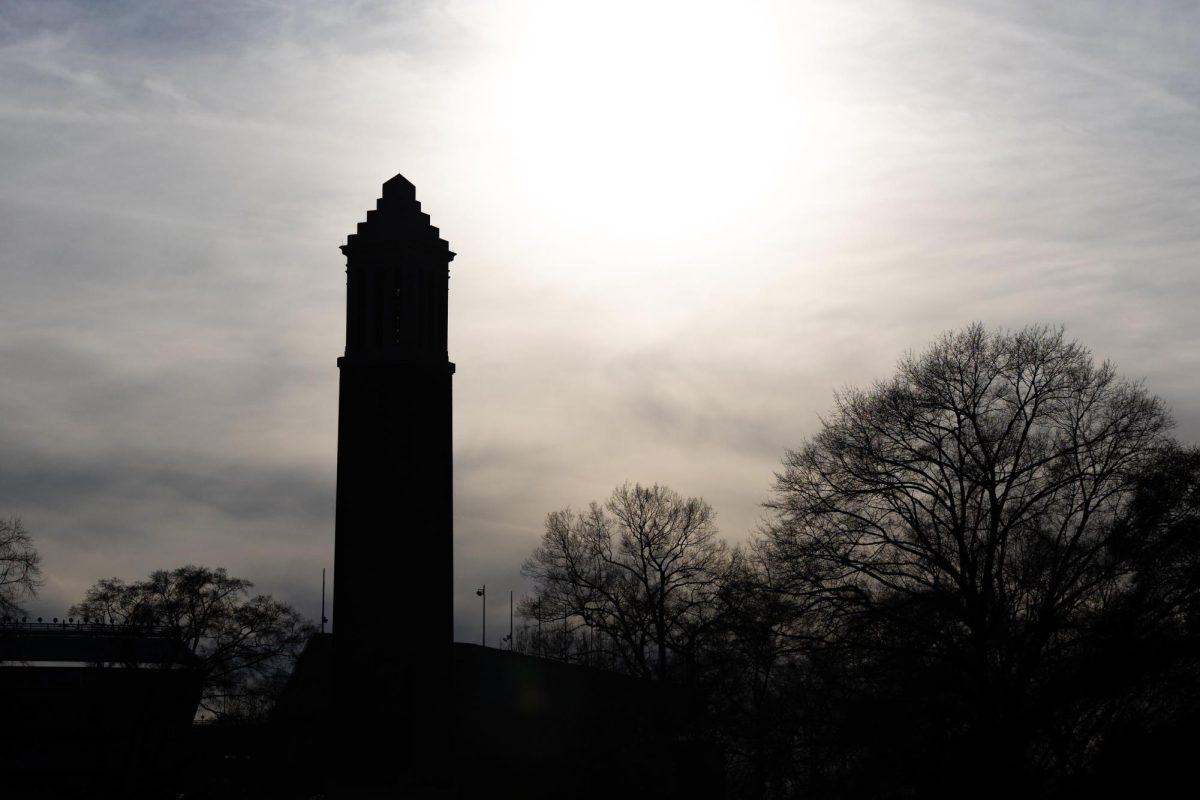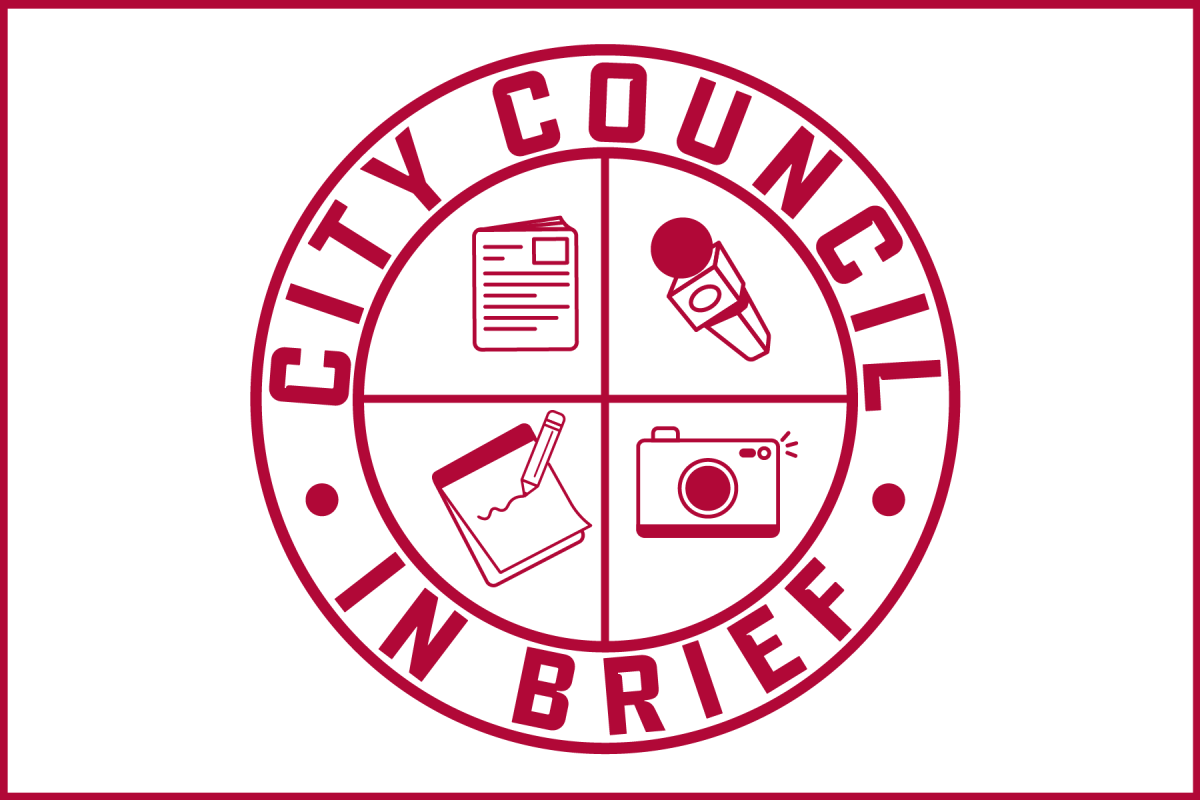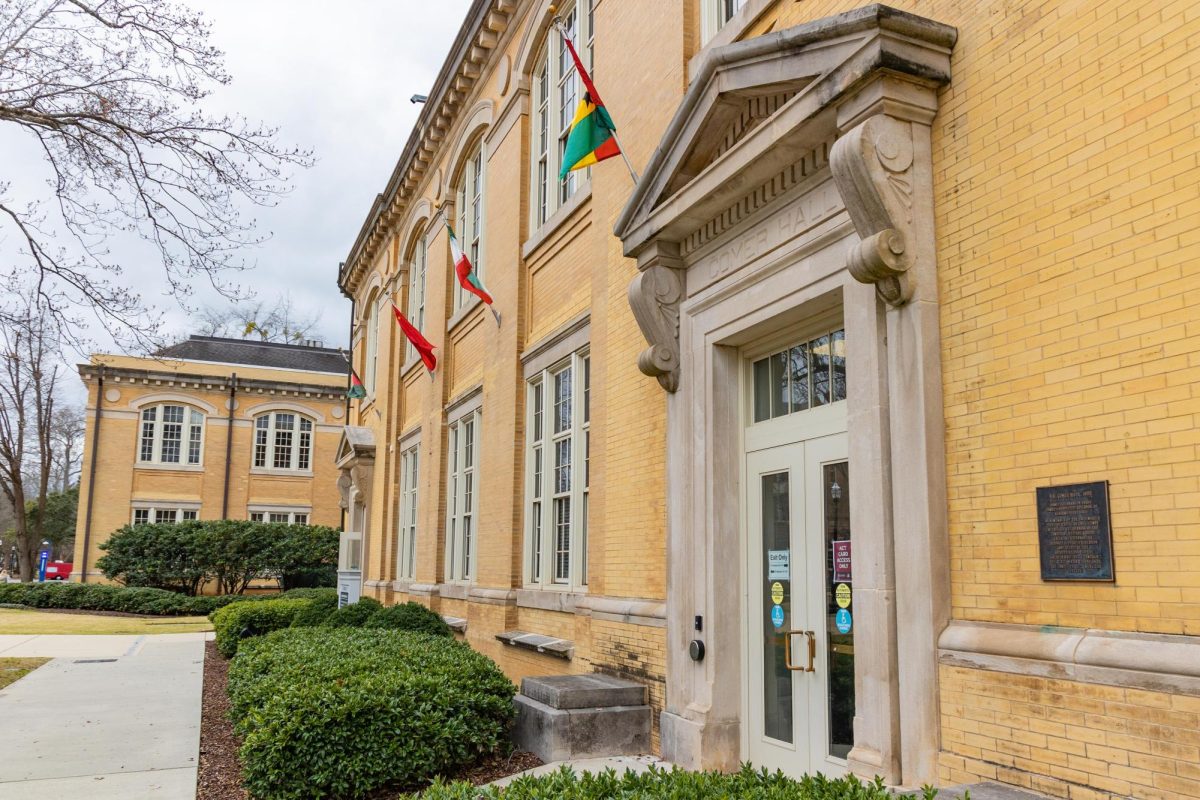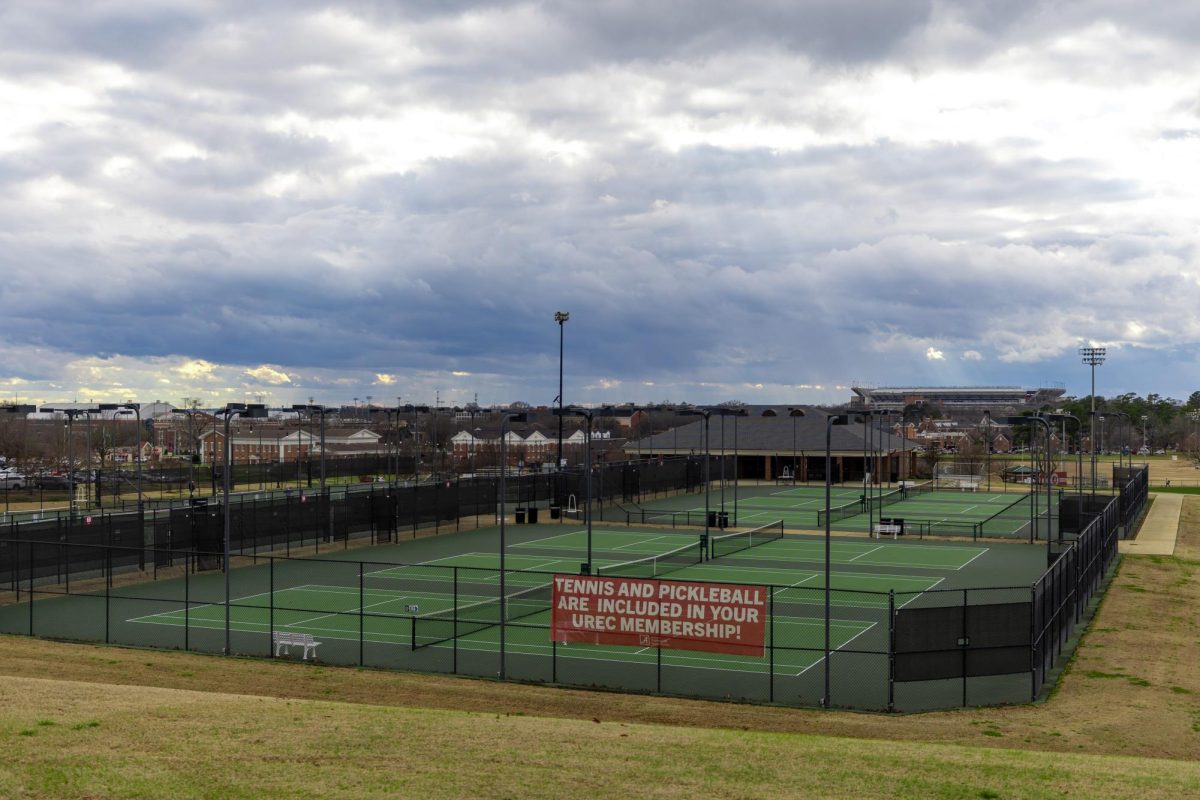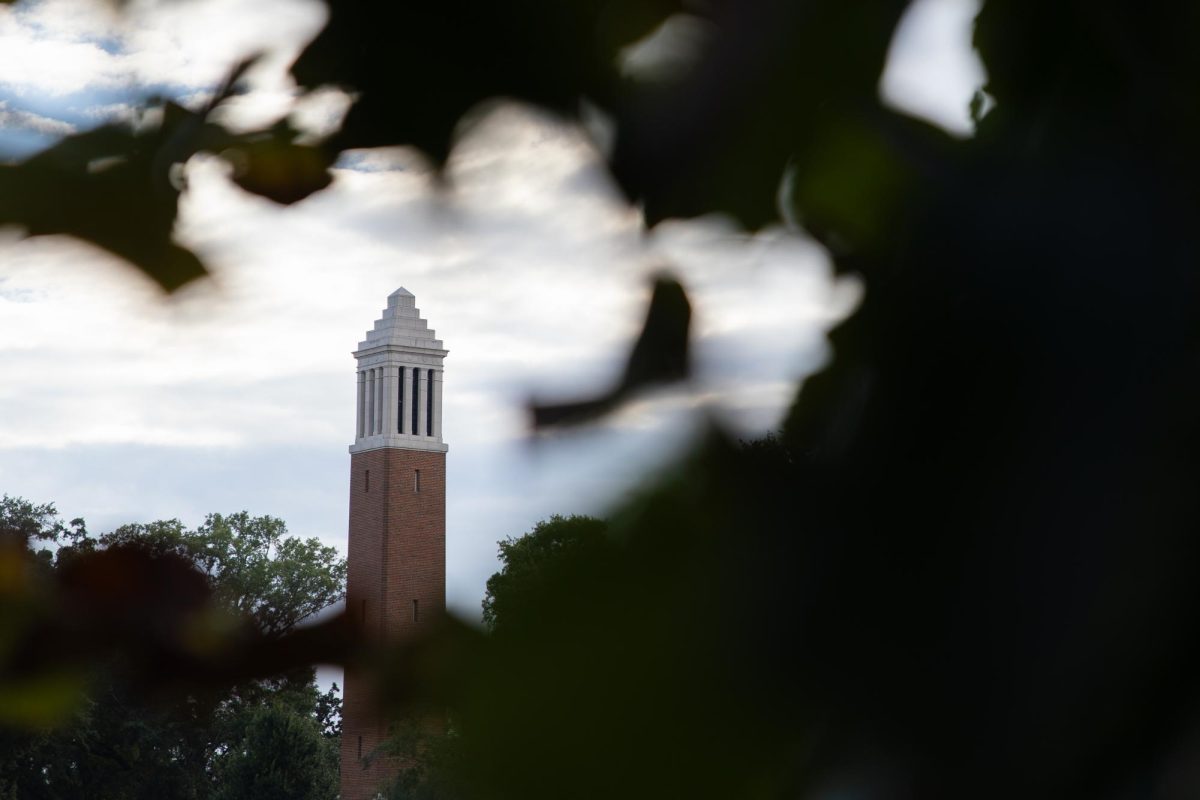After 18 years, Crimson Café is closing its doors.
In June, Rhett Madden, owner of the café, wrote a letter to The University of Alabama System Board of Trustees, requesting them to stop price gouging merchants and students through the Dining Dollars program.
In response, Madden said he received a letter from Aramark, the company with which UA has a contract to operate food services on campus, saying that starting in August, Crimson Café would no longer be able to accept Dining Dollars.
Madden said no explanation was given.
“I pretty much knew that was game over there,” Madden said, “so we just had to immediately cut our losses.”
Rumors have been swirling that the closing was related to insufficient funds or the recent tornadoes. However, Madden said it was the letter from Aramark that led to the café’s sudden closing.
University Relations referred all inquiries to Aramark, and Aramark spokeswoman Karen Cutler said the company does not comment on “contractual matters.”
There are more than $26 million in mandatory student food fees each year, Madden said. When Crimson Café closed, Madden said the business paid 21 percent on the dollar of every Dining Dollars purchase, up from 15 percent in 2008.
“The day those new contracts were signed at 21 percent, the students were immediately getting price gouged,” he said. “We had to pass on as much as we could; we didn’t want to pass it on. Our sales plummeted.”
Madden said Crimson Café got accused of being a “greek place” or a “rich kid place” because your average student understandably wouldn’t spend $10 of their Dining Dollars on lunch.
“When you’re a student during the Great Recession, you can’t just be buying $10 lunches at Crimson Café,” he said. “Price could have been much lower if they’d just left it at 15 percent.”
If Crimson Café had not accepted Dining Dollars, Madden said they would have been fighting over the scraps of the market.
“You don’t open a business right next to campus and succeed if you can’t get student business,” he said. “Gordon Gecko said it best in Wall Street, ‘It’s a zero sum game, somebody wins and somebody loses.’ All those sales that are on campus used to be sales off-campus; it’s just moved from one place to another.”
Madden said 90 percent of the ideas for Crimson Café came from UA students. The honey mustard, chicken salad and mocha milkshake recipes were all made by students.
“They gave life to that place,” he said. “It was worth every ounce of agony that they ever gave me.”
Maggie Gray, a junior at UA, said she goes there at least twice a week and was devastated to hear of the café’s closing.
“It was the first place I wanted to go when I returned to Tuscaloosa,” she said. “I don’t know what I’ll blow all my Dining Dollars on now.”
Connor Sherrill, a junior majoring in advertising, said he was surprised the business lasted as long as it did, but did enjoy going by and picking up a cup of coffee on the way to class.
Gray and Sherrill said they would like to see another coffee shop open in Crimson Café’s place.
“I wouldn’t mind seeing another local business try their luck in that location,” Sherrill said. “I think another coffee house that doubles as a local music venue, or maybe even a local record store. I think the Strip has enough chain restaurants and Alabama gear stores, so it would be nice to see a change of pace.”
Madden said his dream would be to open a place similar to On Tap Sports Café in the location, with both floors and balconies open. Dozens of people have contacted him interested in buying the business, he said.
In 1993, Madden opened Crimson Café in the location where Horny’s Bar is now located. He furnished the restaurant with tables and chairs bought from a Wendy’s that was remodeling, and he and his friends built the bar. In 1996, it moved to the corner location on the Strip.
Now, Madden said he hopes to stay out of personal bankruptcy and find employment.
“The Crimson Café is pretty much irreplaceable,” he said. “I’ve got to forget about passion and think about paying the bills.”



